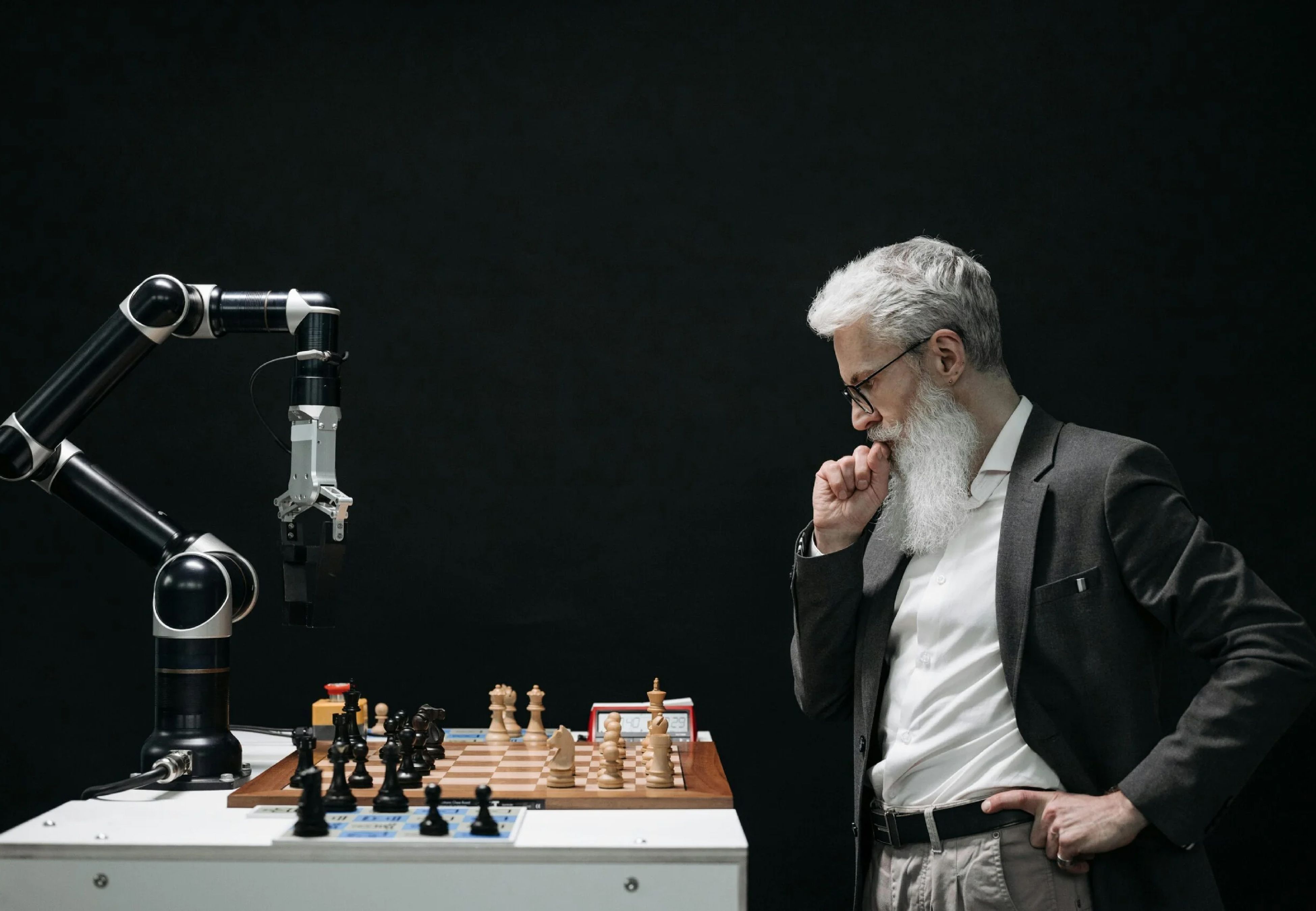Most people think in straight lines. Do this, get that result. Action → reaction. Cause → effect. It’s simple, but often wrong.
Charlie Munger—legendary investor and master thinker-– took a different approach. He looked beyond the first outcome to see the ripple effects of every decision (see my previous post for more on his mental models). This is called second-order thinking—and it’s not just for investing. It’s key to living longer, staying sharp, and making choices that benefit you years from now.
It’s also the foundation of Longevity Intelligence™.
First-Order vs. Second-Order Thinking (or short-term vs. long-term thinking)
First-order thinking: “This job pays well, so I’ll take it.”
Second-order thinking: “Will working 80-hour weeks ruin my health, relationships, and happiness?”
First-order thinking: “This diet helps me lose weight fast.”
Second-order thinking: “Will this crash diet mess up my metabolism in five years?”
First-order thinking: “This investment is popular.”
Second-order thinking: “What happens when the hype dies down? Am I just following the crowd?”
Most people stop at step one. The broader approach gets people thinking “What happens after this? And after that?” That’s how you make decisions that keep you healthy, sharp, and financially strong for decades.
Second-Order Thinking for Longevity
Health & Aging
First-order: “I’ll push through stress to meet my goals.”
Second-order: “If I don’t manage stress now, it will lead to inflammation, burnout, and disease.”
First-order: “Cardio keeps me fit.”
Second-order: “Cardio matters, but muscle strength is one of the biggest predictors of long-term health.”
Wealthspan & Career
First-order: “I have to work long hours to succeed.”
Second-order: “Pushing too hard for too long can drain my energy and cloud my judgment–making it harder to gain the wisdom I need to create better opportunities over time.”
First-order: “I’ll retire at 65 and then relax.”
Second-order: “Will my skills and network still be valuable? Will I still have opportunities and enough money later on?”
Cognitive Resilience
First-order: “I read to stay informed.”
Second-order: “Am I learning new ideas or just reinforcing what I already believe?”
First-order: “I’ll travel later in life.”
Second-order: “Experiencing new places and cultures now keeps my brain flexible and engaged for decades.”
How to Train Second-Order Thinking
- Pause before making big decisions. Ask yourself: What happens next? And then what?
- Look for unintended side effects. Will this short-term choice hurt my long-term health, wealth, or mind?
- Invert the problem. Instead of asking “How do I succeed?”, ask “What would guarantee failure?”
- Study the past. History repeats itself. Learn from those who got it right and wrong.
The difference between those who thrive for decades and those who burn out? The ability to think beyond the obvious.



